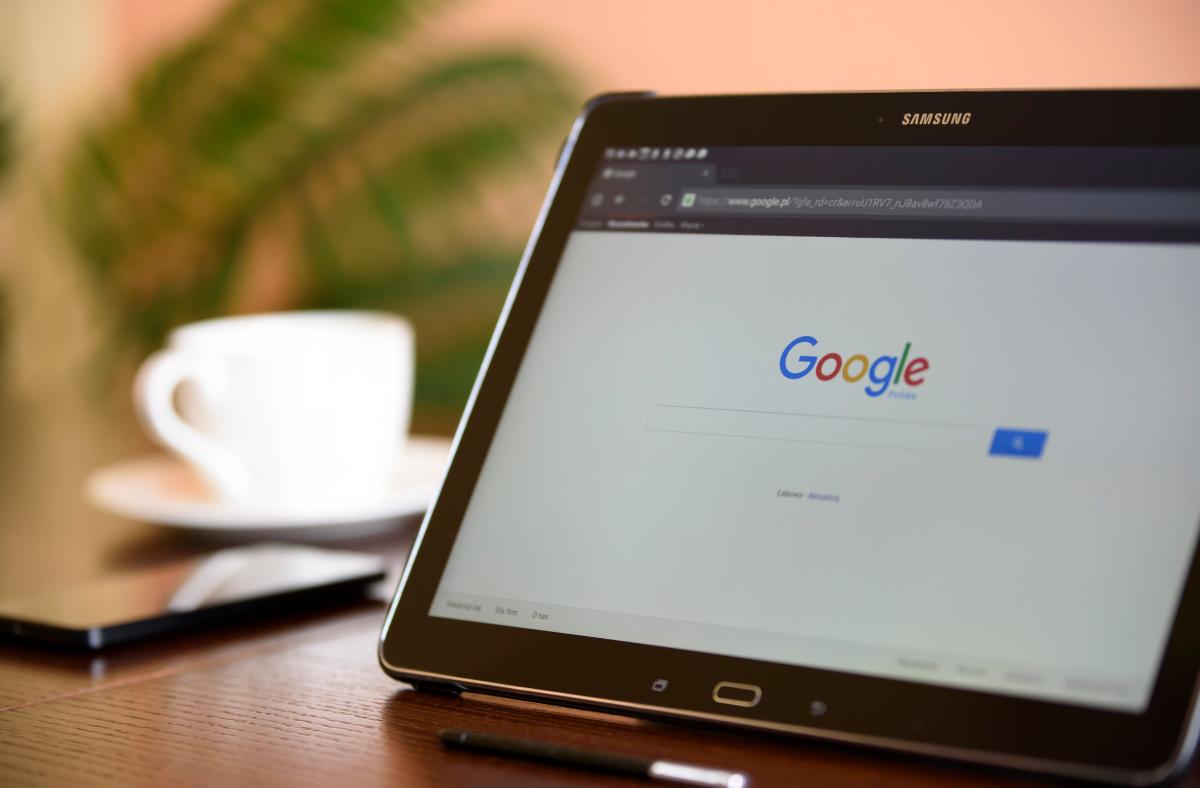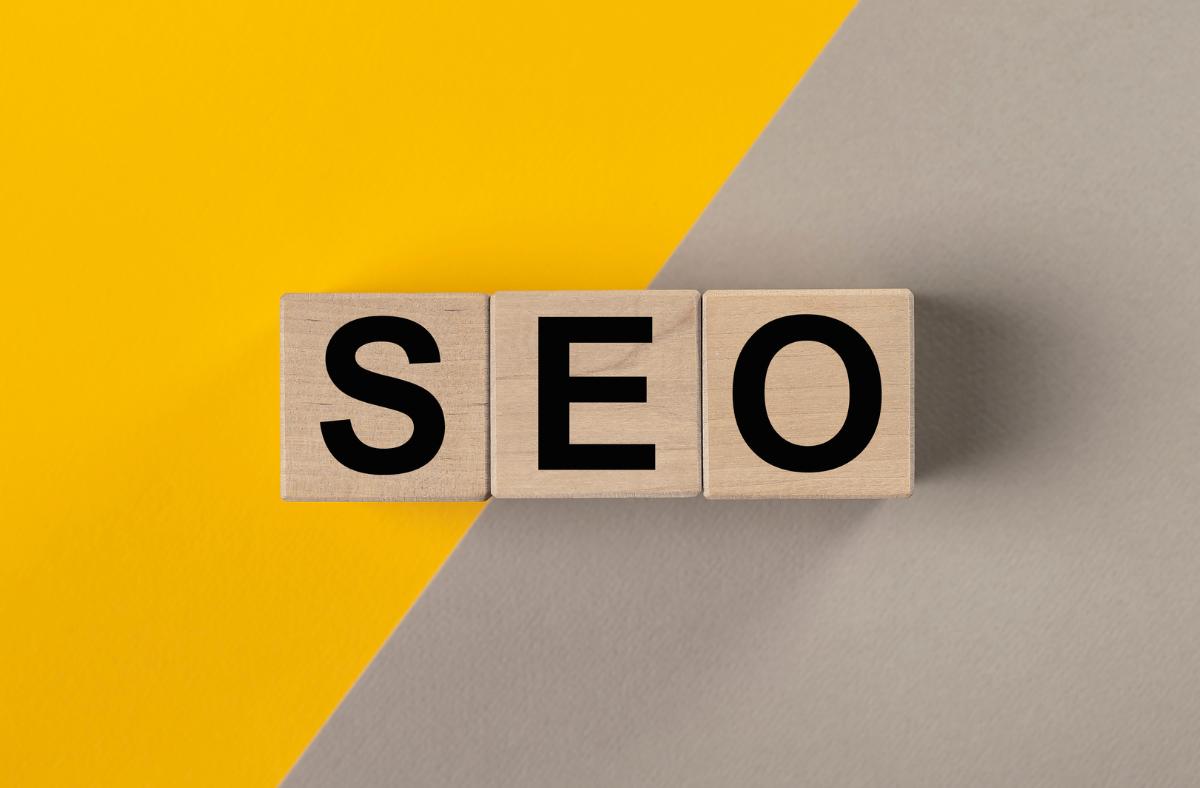PPC advertising can be a highly cost effective way of reaching the right customers at the right time, but…only if approached in the right way.
Read our beginner’s guide to PPC advertising to get the lowdown on this super popular marketing channel.
What is PPC?
Oh look! Another 3 letter acronym in digital marketing! What can this one mean?
PPC stands for pay-per-click advertising. It covers an ever-increasing range of digital advertising platforms and options, but what they all have in common is you only pay when someone actually clicks on your advert.
This differs from traditional advertising where the cost to display your adverts is based on how many people might see them, rather than how many people actually do see them and take action.
Sounds simple? Erm, sadly not.
PPC advertising takes many different forms, on many different platforms, can incorporate many different strategies, and has many different ways to burn through your budget.
Let’s take a closer look at some of the most popular PPC advertising platforms.
Search Engine PPC
This is what most people are referring to when they talk about PPC. Google Ads are by far and away the biggest platform, but Microsoft Ads on Bing are also popular.
Search engine PPC works on an auction basis, where you bid to appear for certain keywords. Unlike the sort of auctions you may have seen before though, all bids take place in milliseconds based upon the settings you’ve chosen.
The great thing about search engine PPC is that you can get straight to the top of the search results for your chosen keywords. These results have a little bit of text saying ‘Ad’ next to them to let people know they’re paid for, but this doesn’t stop most people clicking on them.
To get to the top of the organic results using search engine optimisation (SEO) can take months, if not years, depending on how competitive your market is. Search engine PPC is therefore a great way to get seen quickly while you build up your organic presence.
Google Ads
Google Ads come in several different forms to suit different types of business or product.
The most popular type of Google Ad are ‘Search’ ads. These are the ones that look very much like organic search results other than the little ‘Ad’ label next to them.
These ads are all about getting in front of prospective customers when they are actively searching for your product or service.
You tell Google which keywords matter to your business (what people are most likely going to be entering into Google to find what you offer) and then set a budget to bid on them.
The amount you will need to pay in order to ‘win’ the auction and have your ads appear in the best positions more frequently, depends on how competitive those keywords are.
Super popular keywords, such as ‘Google Ads’ can cost over £80 per click. However, less popular keywords can cost just a few pence per click.
Often ‘long tail keywords’ (longer phrases) are the best value for money. These can be really specific to your product or service and cost less than more generic (and therefore popular) terms.
But wait, there’s more.
If you are a retailer who sells products online, you may want to consider ‘Shopping’ ads These include an image of the product, as well as its price, at the top or side of the search results.
You can also choose to show prospective customers adverts as they browse websites on the Google network with Display ads. These can be text only or include an image and are great for building brand awareness or staying ‘top of mind’ amongst your target audience.
Aaand finally, did you know that Google owns YouTube? This video platform effectively operates as a search engine and, guess what? You can also buy ads here too.
Video ads allow you to go into greater detail about your products or services and are again great for increasing your reach online.
Microsoft Advertising
While not as big as Google, Bing stil has a 21.6% share of the UK desktop search market and receives 489 million searches a month (so that’s a LOT of searches!)
Bing ads work in a very similar way to Google Ads, with both search and display options.
Microsoft Advertising is generally cheaper than Google, so can be a cost effective option. This is especially the case if your customers are predominantly desktop users, so almost always a good choice for B2B markets.
Amazon Advertising
Amazon is the world’s largest e-commerce search engine and provides PPC ads through their Amazon Advertising platform.
As with search engine PPC, Amazon ads run on an auction basis, with users bidding for certain keywords.
This helps retailers appear higher up the results page when customers are actively searching for their products.
The higher up the search results you appear, the more likely you are to make sales. This, in turn, boosts your organic performance on Amazon – win!
You can set Amazon Advertising up yourself, use various apps to add an additional level of sophistication, or employ an Amazon PPC agency to manage them on your behalf.
Social PPC / Paid Social Marketing Platforms
While the term PPC is most commonly used to describe the search engine advertising described above, social media platforms also offer pay per click advertising.
Sometimes referred to as ‘paid social’ or ‘social PPC’ these are the adverts you see in a variety of different locations when using social media.
Once again it’s all done by super smart auction, although with some key differences to search engine PPC.
As users are not necessarily searching for products or services on these platforms, ads are shown based on the targeting settings and strategy that you set.
The success of your ads will then depend on a number of different factors, including ad relevance, quality and engagement level, and your budget.
We’ll take a deeper look at paid social advertising in a future blog post, but the most popular platforms include:
- Facebook/Instagram (both run by Meta)
- TikTok
- Snapchat
Choosing the best platform depends on where your prospective customers are most likely to be.
Facebook/Instagram ads are the most popular social PPC choice, with only Google ads outperforming them in terms of advertising revenue.
LinkedIn is best for targeting professionals in certain industries (great if you’re a B2B company who needs direct access to decision makers).
TikTok and Snapchat are great for reaching a younger demographic.
Is it worth using a PPC agency?
PPC ads are often the quickest way to drive traffic to your website and can offer a fantastic return on investment when managed well.
All of the major advertising platforms are designed to allow those with very little experience get ads up and running quickly. This is because it is in the advertisers’ interests to have as many people paying for ads as possible!
So, if you have the time and inclination, PPC is absolutely something that you can explore yourself.
However, it is also in the advertisers’ best interests to offer stripped back features on the simplified version of their advertising platforms. This is great if you’re just getting started, but ultimately can mean you end up paying more than you need to.
Optimising your PPC advertising using the more advanced capabilities of each platform not only gives you a competitive edge, it can massively increase your overall return on investment.
This is where your friendly local PPC agency comes in! It takes years of knowledge and experience to successfully manage PPC advertising, so why not leave it to the experts?
Here at Bright Sprout, we always aim to offer fantastic value by saving you both time and money on your PPC advertising.
So if you’re looking for Google Ads PPC management, a Facebook advertising agency, or just want to get a bit of advice, call us on 07518 716890 or click below.


